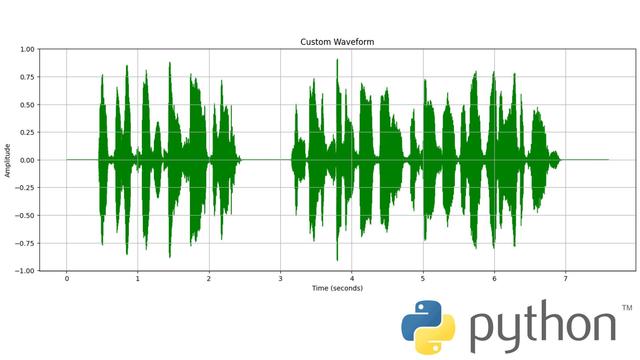If you want to work with audio files in Python, here are some helpful libraries.
#Pydub allows you to play, slice, concatenate and edit audio files effortlessly.
#SoundDevice allows you to play and record audio files.
#SoundFile allows you to read and write audio files in various formats.
#Librosa allpwsbyou to #analysis music and audio files.
#TorchAudio allows you to #process audio #signals with #PyTorch
